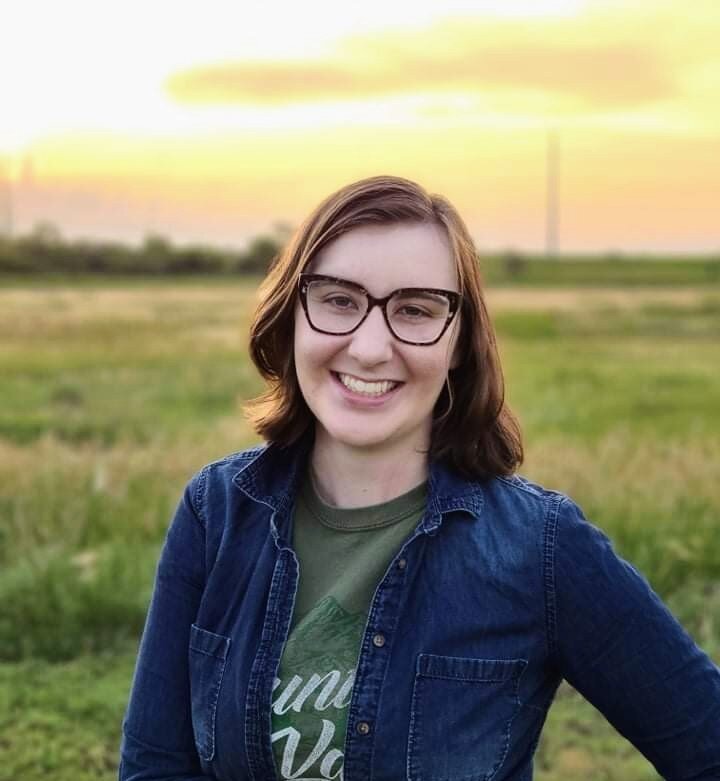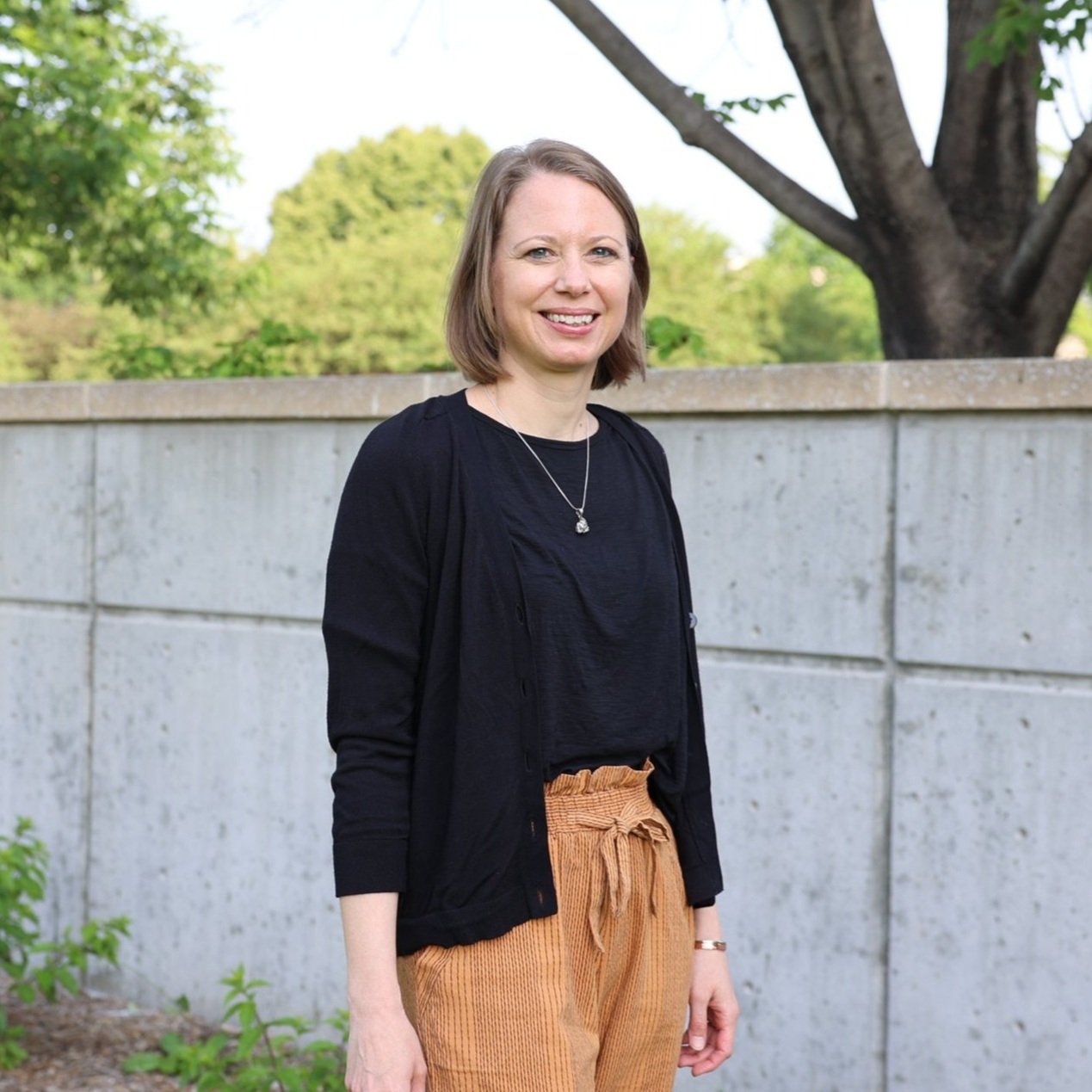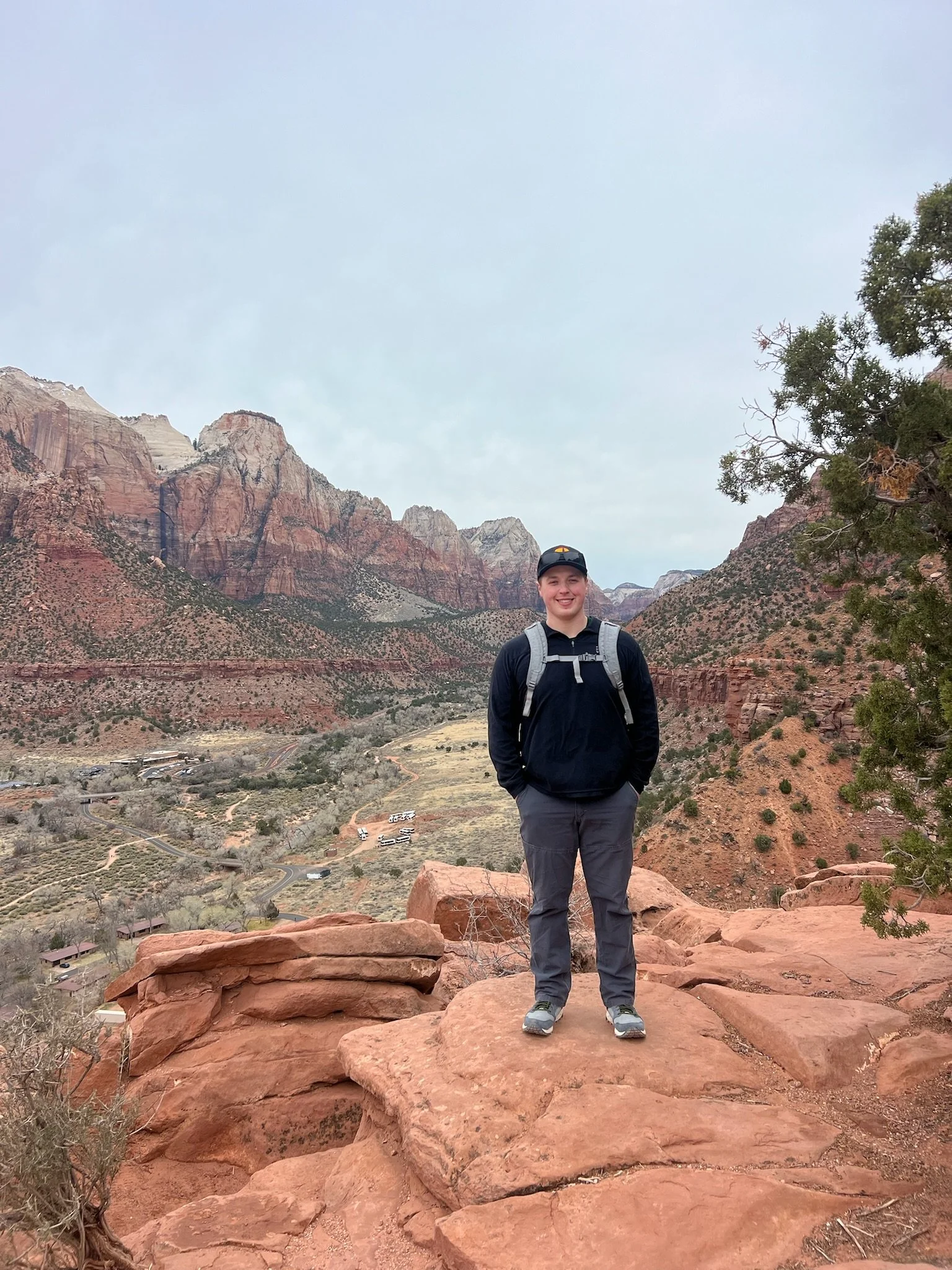Leadership
Jessica Shoemaker, J.D.
Director & Co-Creator
Professor Shoemaker researches how systems of land tenure adapt over time and shape human communities and natural environments. She has a special interest in issues of justice and sustainability across the American countryside, including Indigenous land tenure and governance. She has been an Andrew Carnegie Fellow and a Fulbright Canada Research Chair in Aboriginal Legal and Resource Rights. She has also served as a Founding Fellow of the Rural Futures Institute, Governor of the Center for Great Plains Studies, and President of the Association of Law, Property, and Society. Professor Shoemaker grew up in Iowa and comes from generations of Wisconsin farmers. Prior to becoming a legal scholar, Professor Shoemaker worked as an agricultural writer, a VISTA volunteer, a rural outreach worker, and a public interest attorney for diverse, smallholder farmers.
Sabrina Ehmke Sergeant, Ph.D.
Managing Editor
An early love for Willa Cather novels prompted Sabrina Ehmke Sergeant to leave her hometown in Pittsburgh and head westward. She completed her doctorate in English literature at the University of Nebraska and has worked in academic publishing and as an editor in academic, legal, and freelance settings. A first-generation American of German and Belgian parents, she has a lifelong interest in exploring the role of place in shaping identity and the relationship between land and community.
Anthony Schutz, J.D.
Co-Creator
The product of a farm family in Elwood, Nebraska, Professor Schutz's research interests include the often intertwined subjects of agricultural law, environmental and natural resources law, and state and local government, all of which have significant impacts on rural landscapes and populations. Professor Schutz has served as the chair of the AALS Section on Agricultural Law, is active in the American Agricultural Law Association and the Foundation for Natural Resources and Energy Law, and is a frequent lecturer on agricultural and water law issues regionally and nationally. He is often involved in Nebraska policymaking at the state and local levels. He serves as a director of the Lower Platte South Natural Resources District, and he directs the Rural Law Opportunities Program at the College of Law.
Current Contributors
-

Grace Tracey, Research Assistant
Grace Tracey is a third-year law student at the University of Nebraska College of Law. Before law school, Grace earned a BS in Anthropology and Classical Studies from Iowa State University. As an undergrad, she had the opportunity to research classical societies and develop her interest in law. Grace split her childhood between Marion, IA, and Huntertown, IN, where she enjoyed playing on local softball teams.
-

Katelyn Rich, Research Assistant
Katelyn Rich is a third-year law student at the University of Nebraska College of Law. Before attending law school Katelyn earned a BS in Political Science and Public Administration from the University of Nebraska at Kearney. While attending school in Kearney, she interned at a rural law practice in Minden, NE, which fostered a deeper love for rural places. Katelyn grew up on the front range of Colorado where she spent lots of time hiking, skiing, and spending time outdoors.
-
Cade Herrmann, Research Assistant
Cade Herrmann is a second-year law student at the University of Nebraska College of Law. Before law school, Cade earned a BA in Political Science from Illinois Wesleyan University. During undergrad, he interned for a municipal legal department, which developed his interest in local government law. Cade grew up in Bloomington, Illinois, where he spent time fishing, playing football, and learning to cook from his grandparents, who owned the only restaurant in their rural town.
Project Alumni
-
Connor Oldenburg
Connor Oldenburg is a 2025 graduate of the University of Nebraska College of Law. Before law school, Connor earned a BA in Political Science, Communication Media Rhetoric, and Social Sciences from the University of Minnesota, Morris. While in Morris, Connor worked as a research assistant studying rural ideologies, as well as being a captain for the football team. He grew up outside of the small town of Mapleton, MN, where he enjoyed fishing, hunting, and building mountain bike trails through the woods.
-

Taylor Brown
Taylor Brown is a 2024 graduate of the University of Nebraska College of Law. Before law school, Taylor earned an MS in emergency management from Massachusetts Maritime Academy and a BS in public health from Brigham Young University. He also worked for the Kansas Department of Health and Environment, balancing the emergency medical needs during disasters in rural towns and urban cities. Taylor grew up in a small town north of Dallas, TX, where there were more cows than there were people.
-

Karsen Sims
Karsen Sims is a 2023 graduate of the University of Nebraska College of Law, preparing to work in private practice in Omaha. Before law school, Karsen attended the University of Arkansas where she earned a BA in psychology. Karsen also worked for Legal Aid of Arkansas for several years. She grew up on a farm in a small town located in southwest Missouri. Her family has a long line of ranching, farming, and being community members in rural spaces. She grew up enjoying the outdoors through hiking, horseback riding, kayaking, and more.
-

Aurora Kenworthy
Aurora Kenworthy is a 2022 graduate of the University of Nebraska College of Law. After graduation, Aurora began her career as an attorney working in the University of Nebraska-Lincoln's Office of Sponsored Programs. Prior to law school, Aurora earned a BA in history from the University of Nebraska-Lincoln. Aurora was born and raised in Bellevue, Nebraska. She grew up listening to stories (ranging from her mother jumping off a roof of a chicken coop to her great-grandfather auctioning cattle) set on family farms outside of Greenwood, Nebraska and Villisca, Iowa and the small Midwest towns of Louisville, Thurston, Creston, Chillicothe, and Humboldt.




